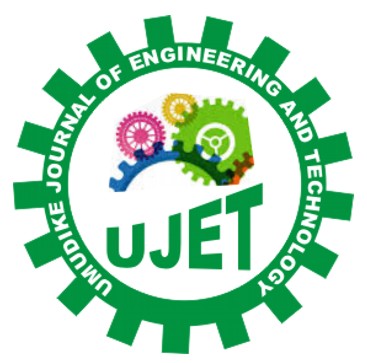The
effects of reaction temperature and reaction time on fractionation of carbon
and nitrogen in products derived from hydrothermal liquefaction (HTL) of
microalga Spirulina sp. were investigated. Spirulina sp. alga biomass was
processed using HTL into four products: biocrude, solid residue, aqueous and
gas phases. HTL were performed at reaction temperature of 290, 310, 330, 350
and 370oC at reaction time of 5, 15, 30, 45 and 60 min using biomass
of 16w/v% solids. The results showed that decomposition of carbon and nitrogen
in the biocrude increased with an increase in reaction temperature and reaction
time, in contrast to that for the solid residue. Approximately 51 to 72%
elemental carbon were recovered in the biocrude, whereas it was 22 and 35% for
nitrogen recovery. For the aqueous phase, the carbon recovery was between 13
and 18% carbon, and 36% nitrogen were recovered. The pH of the aqueous phase
varies between 6.6 and 8.6. Less than 10% carbon and 12 to 23% nitrogen were
recovered in the gas phase.


